2016年江苏省初中英语听力口语自动化考试纲要·话题简述(中英文对照)(2)
- 欧洲杯直播
- 2024-12-18 19:16:27
- 5
2016年江苏省初中英语听力口语自动化考试
话题简述
1.学校生活 School life
例一要点:
1.杰克是一名八年级学生,就读于伦敦附近的一所学校;
Jack is a Year 8 student at a school near London.
2.他最喜欢的学科是中文课,他认为学习外语很有趣;
His favorite subject is Chinese. He thinks learning foreign languages is fun.
3.学校每学期有一个“读书周”,他和他的同学们喜欢这个“读书
周”,他们可以读到来自学校图书馆的许多书和杂志;他很
喜欢他的学校。
His school has a reading week every term. Jack and his
classmates love it. They can read many books and
magazines from the school library. Jack loves his
school very much.
例二要点:
1.南希14岁,是七年级学生;
Nancy is 14 years old. She’s in the seventh grade. 2.她每周放学后打两次排球;她喜爱这项运动,花很多时间练习;
Twice a week, she plays volleyball after school. She loves
this game and spends a lot of time practising.
3.每周一她去“同伴俱乐部”;在那里,老生给新生讲学校生活情况;
同伴朱莉帮助她全面了解新学校情况;朱莉是她的好朋友。
Every Monday, Nancy goes to a Buddy Club. There older
students talk to new students about school life. Her
buddy Julie helps her learn all about her new school .
Julie is her good friend.
2.阅读 Reading
例一要点:
1.我喜欢看罗伯特·路易斯·史蒂文森的书,我认为它们真的太精彩
了;
I enjoy reading the books of Robert Louis Stevenson
because I find them really exciting.
2.比如,《金银岛》讲述的是一个小男孩的故事;他出海航行,寻找
宝藏;故事给了我很大的信心;
For example, Treasure Island tells the story of a young boy.
He sails the sea to look for hidden treasure.
His story gives me a lot of confidence.
3.读了这本书后,我不再像以前那样害羞;将来,我还想去旅游,拥
有一些令人兴奋的经历。
After reading the book, I’m not as shy as I used to be.
I also want to travel and have exciting experiences in the
future.
例二要点:
1.我喜欢阅读;每周我花七个多小时阅读各种类型的书;我对历史题材的书感兴趣,但是我最爱看小说;
I love reading. I spend over seven hours a week reading
different types of books.
I am interested in history books, but I like novels best.
2.朋友们给我很多读书建议;我们常见面、讨论读什么书;
My friends give me lots of advice on books.
We often meet together and discuss what to read.
3.阅读总是段美好的时光。
好书让我在忙碌一天之后轻松下来;同时
也向我打开了一个全新的世界。
Reading is always a wonderful time.
Good books help me relax after a busy day.
They also open up a whole new world to me.
3.自己动手做 Do it yourself
例一要点:
1.我表弟安德鲁对DIY很着迷;他喜欢修理物品,装饰房间;但
事后,房间总是一团糟;
My cousin Andrew is crazy about DIY. He loves to repair things and decorate his house. But when he finishes, The house always looks terrible.
2.曾经有一次他想在自己的卧室里安装一盏更亮的灯,但是他犯
了一个错误,整个房子都停电了;
He once tried to put in a brighter light in his bedroom, but he made a mistake. Then his whole house had a power cut.
3.我给他买了一些DIY书籍,建议他选修一些DIY课程。
So I bought some books about DIY for him, and I also advised him to take some courses in DIY.
例二要点:
1.这里有一些制作水果沙拉的小建议;
Here are some tips for making a fruit salad .
2.首先,使用当季水果;其次,搭配不同颜色的水果;比如,把红色的苹果、青色的梨子和紫色的葡萄搭配起来会使沙拉看上
去五彩缤纷;
First, use fruit in season.
Then, use fruit of different colours. For example, mixing red apples, green pears and purple grapes together will make the salad look very colourful .
3.最后,在食用沙拉前再做沙拉;有些水果在空气中放置一段时间后会很快变色。
Last,prepare the fruit salad just before you are going to eat it. Some of the fruit will quickly turn brown when you leave it in the air for some time.
4.大熊猫 Giant pandas
例一要点:
1.人人喜欢大熊猫;大熊猫温顺且安静,吃一种特别的竹子;
Everyone likes giant pandas. Giant pandas are quiet and
peaceful.They eat a special kind of bamboo .
2.野外现仅有大约一千六百只大熊猫,它们的数目越来越少;
Now, there are only about 1,600 giant pandas in the world.
Their number is going down.
3.大熊猫生活的地方正在变为农田,而且人们也为取其毛皮而捕猎它
们;如此下去,世界上很快将再无大熊猫。
Their living areas are becoming farmlands.
Also, people hunt them for their fur.
If this continues, there will soon be no giant pandas in the world .
例二要点:
1.熊猫宝宝名叫“希望”,出生时重约90克,每天喝母乳;6个月
时,开始吃竹子;
The baby panda is called Xi Wang.
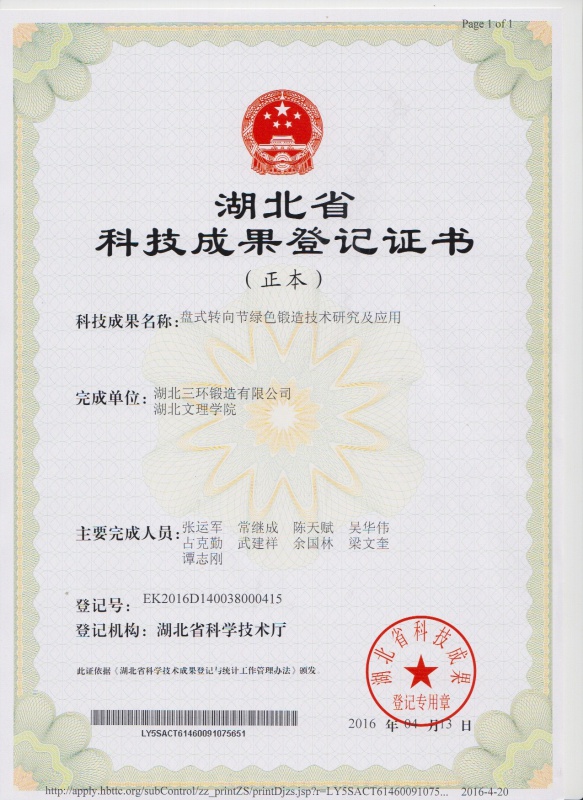
下一篇:2016年海南省人民政府工作报告
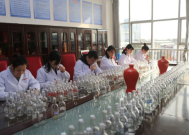
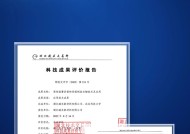


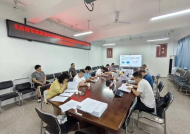

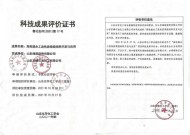





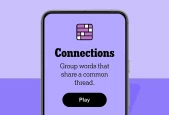
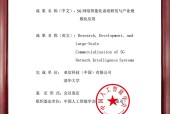

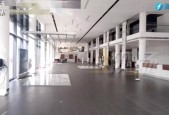
有话要说...